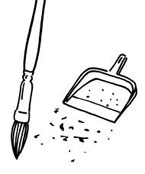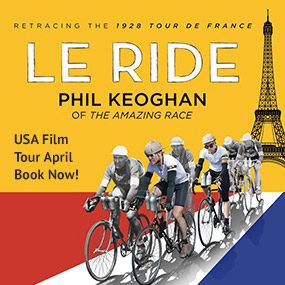Conceptual Costs
Professor of philosophy at the University of Canterbury and author of The Art Instinct: Beauty, Pleasure and Human Evolution Denis Dutton writes an opinion piece for The New York Times on the surprises conceptual art, and its link with money, continue to generate. Using the example of successful living artist Damien Hurst and the recent “impressive” estimate of one of his medicine cabinets at US$239,000, Dutton writes that the price tag is “rather more impressive than the work itself”. “The pricey medicine cabinet belongs to a tradition of conceptual art: works we admire not for skillful hands-on execution by the artist, but for the artist’s creative concept.” Dutton continues, examining “why works of conceptual art have an inherent investment risk” and “look[s] back at the whole history of art, including art’s most ancient prehistory.” He summarises: “Future generations, no longer engaged by our art ‘concepts’ and unable to divine any special skill or emotional expression in the work, may lose interest in it as a medium for financial speculation and relegate it to the realm of historical curiosity. In this respect, I can’t help regarding medicine cabinets, vacuum cleaners and dead sharks as reckless investments. Somewhere out there in collectorland is the unlucky guy who will be the last one holding the vacuum cleaner, and wondering why.”















